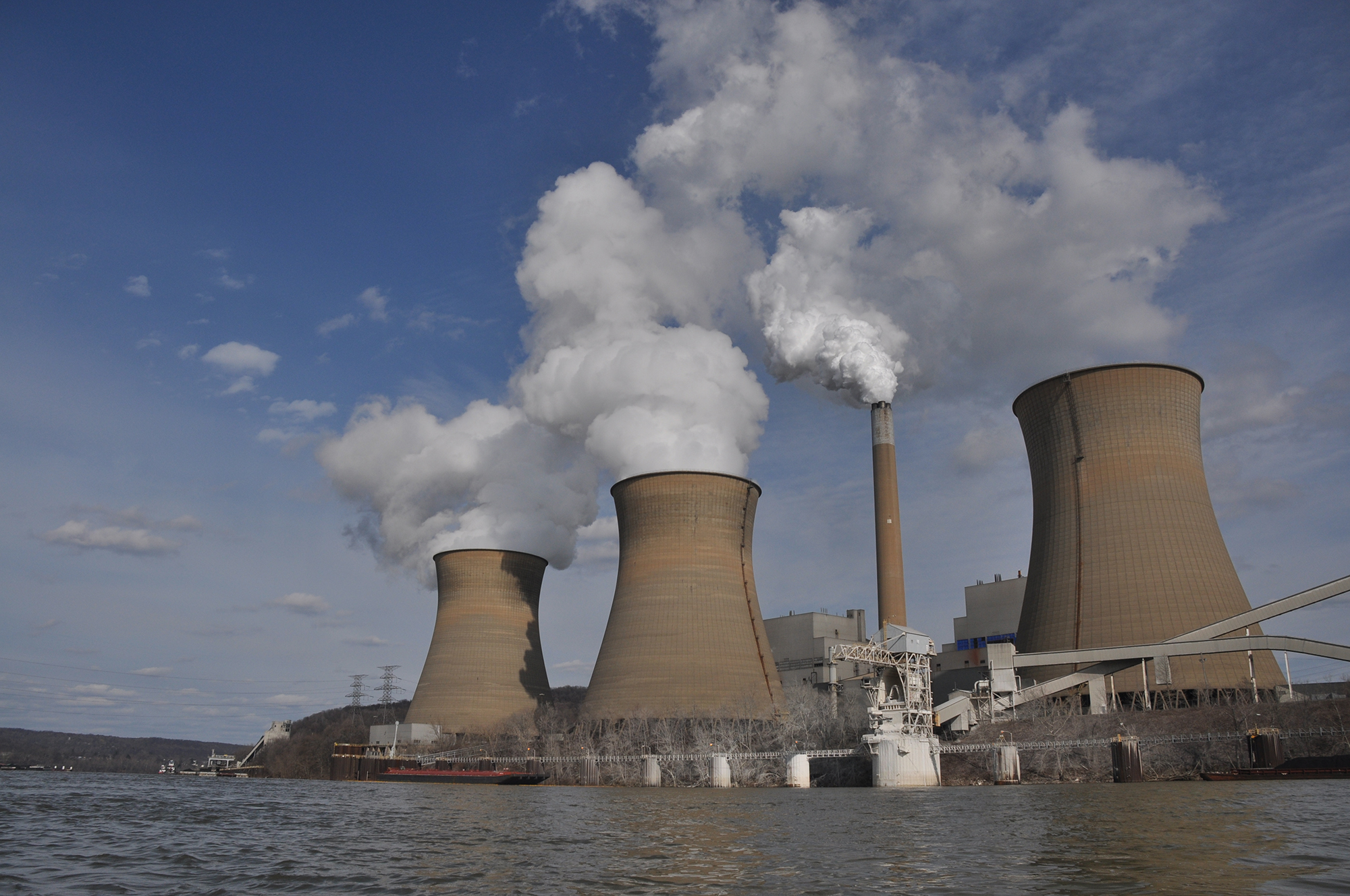Where was the urgent action on climate?
Our new Chancellor must act now to avert crisis
23 November 2016
Was it a green Autumn Statement? It rather depends how you look at it.
Doing a few good things in a handful of areas isn’t remotely up to the scale of the challenge – particularly not when weighed against the totality of the Government’s ongoing support for fossil fuels and its slow progress on decarbonisation.
The UK and the world faces environmental crises of quite staggering scale and implication. It needs a similarly deep and rapid response. It didn’t get one from Mr Hammond.
2016 is set to be the warmest year on record, with the previous record holder being last year. Right now, the Arctic should be forming its winter ice sheets but it isn’t, because of “extraordinarily hot” temperatures. In May, temperatures in India hit an unprecedented, and scarcely believeable, 123.8°F; hundreds of people died.
Despite what Donald Trump thinks, climate change is real and we’re causing it. It’s already bad. It’s going to get worse. The Paris Agreement on climate change lives on, despite Trump’s vainglorious attempts to “cancel it”. Last week world Governments strongly underlined their commitment to its headline commitments of holding temperature increases to no more than 2° above pre-industrial times, ideally 1.5°. But we’re already over 1°. Not for nothing has Bill McKibben called for a wartime mobilisation of resources to try to avoid the worst.
The levels of public and private investment needed in the green economy are big – very big – hundreds of billions of pounds in the UK alone. It’s a huge opportunity, with the benefits from the world’s inevitable decarbonisation awaiting those countries that build the best, most innovative green industries.
Electric vehicles, smart grids, battery storage and renewable energy will combine to put people in control of their energy, not the despised big six energy companies – active, engaged owners of our zero-carbon future. And most importantly, avoiding the damage that untrammelled climate change could cause is an economic, humanitarian and environmental imperative.
It’s certainly true that in tone and content the Autumn Statement was a welcome change of tenor from the green-bashing of the Chancellor’s predecessor. George Osborne would go out of his way to cheerfully talk up the oil industry, talk down the potential of renewables, and unveil unpleasant and terrible surprises like making clean energy pay a carbon tax.
Mr Hammond had a welcome treat or two up his sleeve, most notably £390 million to position the UK as a “leader” in the take up and development of electric vehicles (EVs). No doubt that’ll bring a smile to the face of Nissan – who make cars including EVs in their flagship Sunderland plant, which will stay open thanks to private “reassurances” made to them by the Government.

Brett Ciccotelli via Flickr
Just as notable, for good or ill, were the things he didn’t do. Three big taxes were unchanged. A tax on the carbon content of electricity, the surprisingly tenacious Carbon Price Floor, won’t be cut despite ongoing lobbying from heavy industry. That’s good news for investor confidence in renewable energy. Air Passenger Duty stays at its current level too, although a far better plan would be to replace it with a Frequent Flyer Levy that reflects the fact that 15% of people take 70% of the flights.
But less encouragingly, fuel duty was frozen for the seventh year in a row, a decision that every time it’s taken costs the Exchequer about £4.5 billion in lost revenue for the following five years. There was also a restatement of the Government’s plans for a Shale Wealth Fund – little more in practice than a bribe to communities to accept fracking. Mr Hammond bravely claimed that it will disperse “up to” £1 billion in revenues – a necessary caveat, given that in practice tax revenues from unpopular and expensive fracking are likely be tiny.
That nasty taste in the mouth belies the bigger problem.
If the Paris Agreement means anything at all, it means governments like the UK doing things very differently indeed. It means radical change in the infrastructure governments build, the industries they do and don’t incentivise, and making pollution really, really pay. It means leaving most of the world’s fossil fuel reserves untapped, or even closing down existing projects early.
Mr Hammond has been Foreign Secretary. He gets the scale of the crisis, particularly for the world’s poor. But he and all other finance ministers urgently need to start putting their money where their governments’ mouth is.
Topics Environment






